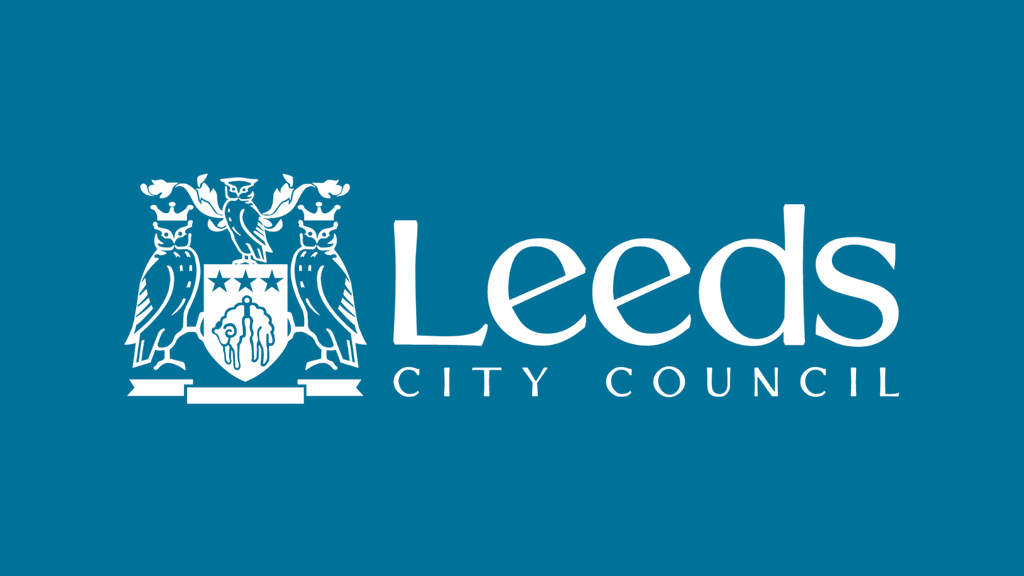LGI and St James’s join campaign to end new HIV transmission in England by 2030
Two hospitals in Leeds have been selected as part of a national scale-up project aimed at ending new HIV transmissions in England by 2030.
Leeds General Hospital and St James’s University Hospital have been named as part of a £20m National Institute for Health and Care (NIHR) project in a government announcement ahead of World AIDS Day today (December 1).
The project will launch a new opt-out testing program to include patients with undiagnosed HIV, hepatitis B and hepatitis C in an additional 46 emergency departments in 32 areas of the country with high HIV prevalence.
A key element of the plan is to help identify a significant proportion of the approximately 4,500 people living with undiagnosed HIV across the country, preventing new transmission and saving more lives.
Opt-out testing also provides a link to medicines, a pathway to treatment and care that can help people live long, healthy lives without the virus being detected.
Earlier this year, Leeds became the first city in Yorkshire and the Humber to become a Fast Track City, joining Brighton, Bristol, Liverpool, London, Manchester and more than 500 cities around the world. Announces commitment to ending the HIV, hepatitis and tuberculosis epidemics by 2030.
This year’s theme for World AIDS Day is ‘Let communities take the lead’, providing an opportunity to reflect and celebrate the city’s commitment to ensuring communities take a leadership role in Leeds’ HIV response.
Councilor Salma Arif, Executive Member for Adult Social Care, Public Health and Active Lifestyles, Leeds City Council explain:
“The Government’s announcement of its commitment to expanding opt-out hepatitis B and C and HIV testing in more emergency departments, including in Leeds, is a huge win. Opt-out testing ensures under-represented groups are not leaving behind, thereby helping to tackle health inequalities.
“It provides a valuable opportunity to diagnose and treat more people, particularly groups who are less likely to receive routine testing and are affected by high rates of blood-borne viruses and associated stigma, such as ethnic minorities and women.
“This year Leeds joins the global Fast Track Cities Initiative, committing to ending the HIV, viral hepatitis and tuberculosis epidemics by 2030. This announcement finally enables Leeds to deliver on this ambition while saving lives.”
Victoria Eaton, director of public health at Leeds City Council explain:
“This transformative achievement will significantly expand testing within the city to ensure people are diagnosed earlier, linked to effective treatment and achieve undetectable viral loads to prevent transmission. In addition to covering those who are unlikely to Outside of those who access sexual health services, it also provides opportunities to re-engage people who have been previously diagnosed but not receiving treatment or care.”
Dr Sarah Schoeman, Sexual Health and HIV Consultant, Leeds Sexual Health and Leeds Teaching Hospitals Trust, Leeds Fast Track City Chair explain:
“We are very pleased with the Government’s announcement that funding for blood-borne virus (BBV) opt-out testing in emergency departments (EDs) will be extended from “very high” HIV prevalence areas to “high” HIV prevalence areas, including Leeds.
“As a city that led this important initiative through the ‘Get TestED Leeds’ project between 2018 and 2020, but had to halt this work due to the impact of Covid-19 and financial constraints, we have been working hard to demonstrate the need to expand access to Other fields like ours offer state funding programs.
“We will now be able to start the scheme again and our Leeds Fast Track City team will work closely with Leeds Teaching Hospitals Trust to ensure this happens as quickly as possible. Opting out of testing in our emergency departments will allow us to reach out to Leeds More people who currently don’t know they are infected with HIV and hepatitis B and hepatitis C and connecting them to treatment and care will also greatly benefit their health and reduce transmission to others.”
Notes for editors:
- For more information about HIV and support for people living with HIV in Leeds, please contact Jeni Hirst, Director of BHA Leeds Skyline, Tel: 0113 2449767, Email: jeni@thebha.org.uk
- Please visit Yorkshire MESMAC’s website to book an HIV test and find out more about HIV-related services.
- For more information about HIV please contact Tom Doyle, chief executive of MESMAC Yorkshire, on 0113 244 4209 / 07771 931 421 or t.doyle@mesmac.co.uk.
- For information about HIV testing in Leeds, visit www.startswithme.org.uk or www.mesmac.co.uk
electronic nicotine delivery system
For media inquiries please contact:
Communications and Marketing for Leeds City Council,
Email: communicationsteam@leeds.gov.uk
Phone: 0113 378 6007

